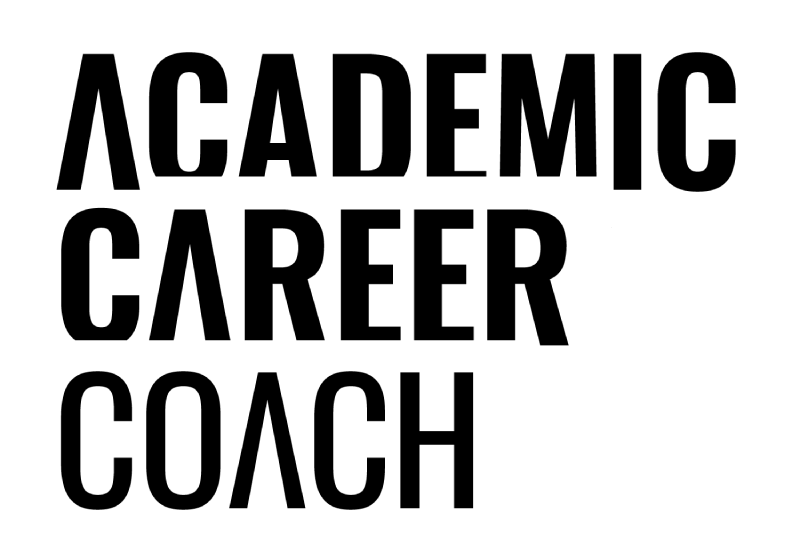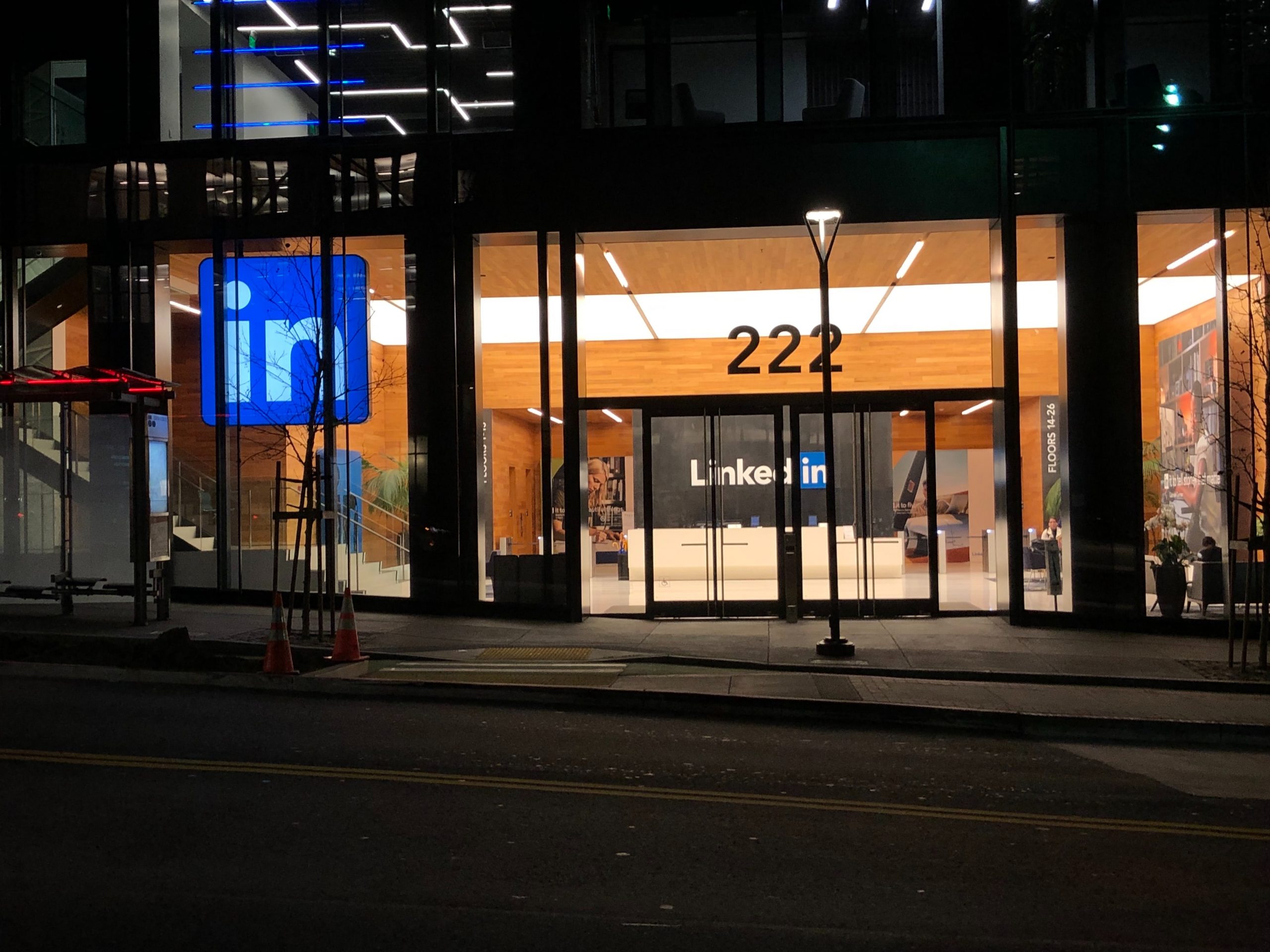Semi-regular monthly newsletter towards my academics
Another update and this one is meant as a ‘heads up’… Even though it seems like winter outside, summer is coming meaning lots of beautiful days are upcoming that you preferably wouldn’t work. April, therefore, is a crucial month towards summer. Those who are writing their thesis and want to finish it this academic year need to take significant steps. I’ll come back to that later on. Those working on their PhD or career should consider what they want to achieve before their summer holidays. In April, you all have time left to make things work, so use it. The weather, snow and cold, is still in your favor to get some work done!
To boost your April month, I like to share some insights I came across while reading.
Rest – Why you get more done when you work less (Alex Soojung-Kim Pang)
Since I started doing this work, productivity has been a topic that I discussed with everyone. Students, career seekers, everyone seems to struggle with the issue of productivity, I included. When I, for example, coach you during our sessions, the outcome is defined. Though while researching, to enable me to share with you the latest information and insights, I am not always sure of my productivity and outcome. Some days I do a lot of reading, but less or no sharing, then how productive was that day?
Well, the question should be, how productive can you be? Pang dives into this topic by using the research of Ericsonn et al. (1993), which concerns the role of deliberate practice in the acquisition of expert performance among violists of the Berlin conservatorium. They discovered that the excelling students, compared to average students, practiced more but moreover practiced deliberately. Also, they knew exactly why they were practicing every single day: to reach the top. Thus, they were aware of how and how long to study, and they knew where they were suffering for. But, here it comes, they weren’t practicing more than 4 hours a day! It turns out that we humans can’t concentrate any longer each day, and these violists were aware of that. They used their 4 hours to the max, and they used the rest of their days to rest and work in different ways towards their goal (visiting rehearsals, attending lectures, etc.).
That is why so many high achievers only do deep work in the morning and spent their afternoons wandering around, reading, resting, and relaxing (read the excellent book of Cal Newport to learn more about deep work). You could also do two hours in the morning and two late in the afternoon. To study effectively, resting/relaxing is evenly essential, and that’s something we tend to forget. We got used to the idea of making as many hours as possible, but to get the most out of each day, you have got to consider when you work and when you rest. To become productive, you have to work effectively, and that does not mean making more and more hours but making deliberate ‘deep work’ hours.
Think it over, how aware are you of your working hours? Do they turn out to be efficient, or do you spent a lot of time revolving around the fact that you should work?
Thesis deadlines
April is your ‘key’ month if you want to finish your thesis this summer. April and May are months with lots of holidays (Kingsday; meivakantie; Pentecost), which is good for you but impractical for reaching your supervisor and those you want to interview. So, be aware of that! This month you want to:
- Finish your introduction.
- Finish all of your literature research and wrote a chapter about it.
- Receive a ‘go’ from your supervisor concerning the interview questions.
- Schedule all the interviews.
Most deadlines will be at the beginning of June, which means only ten weeks left to nail yours.
If you sense that you are behind schedule, contact me as soon as possible!
Recently, I started writing blogs for the online research community Scientistt. Members can upload their questions regarding academic life/-career and personal-/professional development, which I try to answer by my blogs.
In one of my latest blogs, I wrote about how to start networking. A topic which I already discussed with many of you! So, I thought you might find this one interesting.
Currently reading
I almost finished The Confidence Code, and I just got to the point where they share a few quick fixes to boost your confidence. Everyone can do with a confidence booster so now and then, so here they are:
- Meditate: ‘A calm brain is the ultimate confidence tool, and meditation is so common and valuable that it’s being taught in some military’s basic training courses.’
- Be grateful: ‘New research shows that gratitude is one of the keys to happiness and an optimistic mindset. Find it in tiny things.’
- Think small: ‘Battle feelings of being overwhelmed by breaking it down. Teasing out the individual parts of a challenge, and accomplishing even one-tenth of it, can give you a confidence boost.’
- Sleep, move, share – in any order: ‘A lack of sleep and exercise produces an extremely anxious brain. And being close to our friends boosts our oxytocin level.’
- Practice power positions: ‘Sitting up straight will give you a short-term confidence boost.’
And here’s one to avoid: fake it till you make it. ‘Confidence isn’t about pretending, or putting on an act; it springs from genuine accomplishment and work.’ For all the women, this book is worthwhile reading!
For all my readings, you can check out my list at BookBucket.
And as always, you can find more information in the Cloud.


